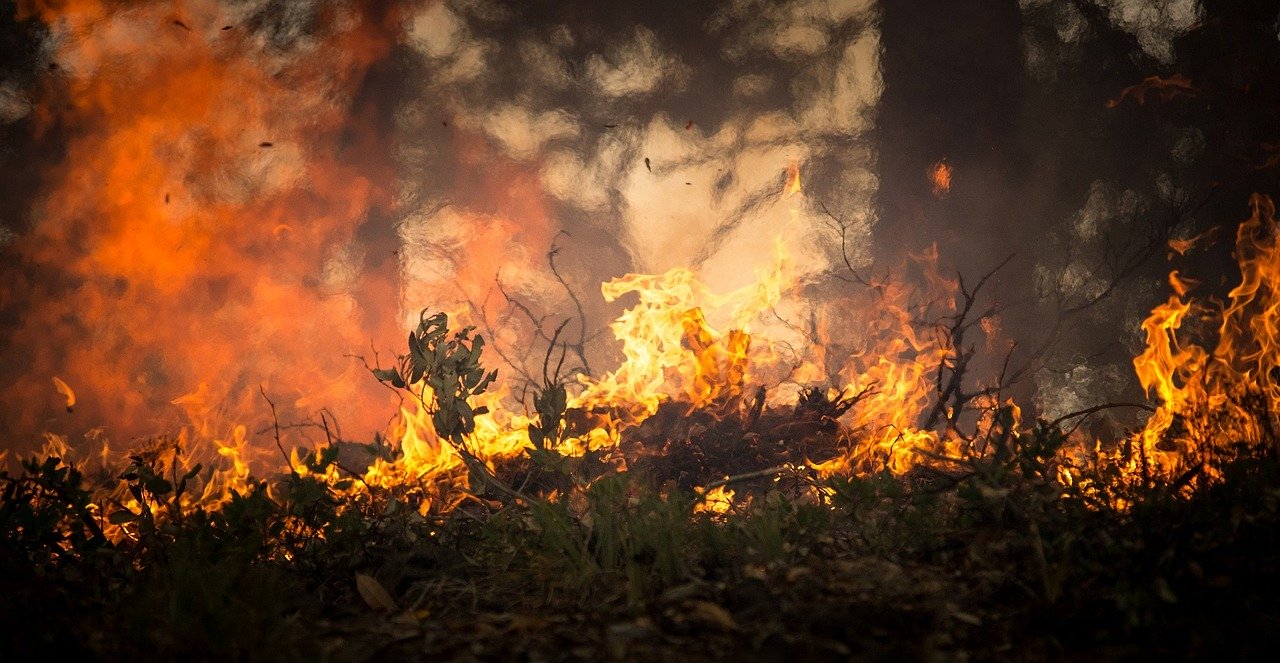Long-term health harm may be caused by wildfire smoke

According to US research on juvenile monkeys, wildfire smoke may have long-term negative health implications. The study reveals that 12 years after they were naturally exposed to wildfire smoke, the monkeys’ immune systems were still lower than normal, and a closer analysis has also shown that the defect was passed from parents to offspring. As a result of the findings, an investigation into the effect of wildfires on children’s health was launched. The findings were presented by Prof Lisa Miller from the University of California, Davis at the American Association for the Advancement of Science meeting in Seattle. “My plan is to look at records from paediatric populations and find evidence of increased asthma, increased respiratory, viral and bacterial infections, increased use of antibiotics and longer recovery times from illness," she said.
IZA World of Labor author Sefi Roth has consulted the evidence and found that air pollution can also affect educational achievements and human capital formation. In his article he notes that: “Recent data from the World Health Organization (WHO) show that ambient air pollution has risen in hundreds of already blighted urban areas across the globe [… and that] air pollution may also affect aspects of human life beyond health, such as learning outcomes. […] Studies also suggest that exposure to air pollution affects brain development during childhood and fetal development.” “The effect of air pollution may also have uneven impacts across the income distribution,” he adds.
Prof Miller’s findings are based on a study of rhesus monkeys kept at UC Davis's outdoor National Primate Centre, where in 2008, they were exposed to smoke from a wildfire in Trinity and Humbolt Counties, 200 miles north of Davis. Blood samples were taken and the monkeys’ lung function was tested over the next 12 years, and Prof Miller found that the affected juvenile monkeys had stiffer lungs and weaker immune systems compared to those not exposed to smoke. She also discovered that the same symptoms are passed down to the next generation.
According to Prof Miller, people’s exposure to the smoke from the wildfires was much lower than the one the animals suffered, partly due to the fact that the species were outside during the whole duration of the fires. “I don't want parents to panic. But it is certainly something to watch as the kids grow up. If we do find significant results in our clinical study we want to use it to advise regulators when the next wildfire takes place—and it is a question of when, rather than if. This advice would perhaps entail prioritising children, getting them inside and keeping them there,” Prof Miller commented. Roth also agrees that policymakers should support research on the issue and that in order “to determine the optimal policy intervention, regulators must understand the net welfare gains from improving air quality.”
Read Sefi Roth’s article Air pollution, educational achievements, and human capital formation.